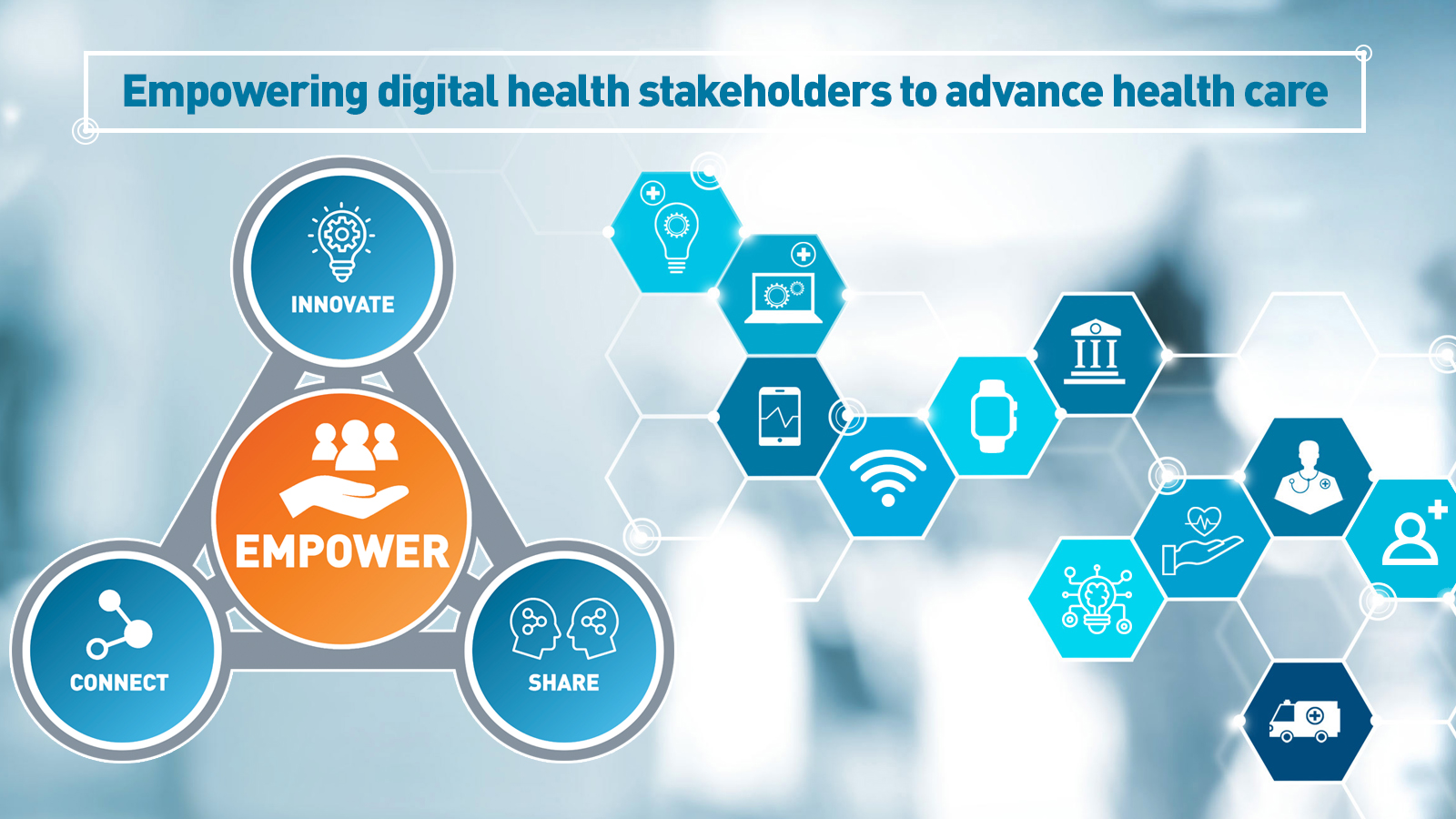3 New Private Medical Colleges Approved to Increase MBBS Seats in Gujarat
The Union Government has approved the creation of three new private medical colleges, each of which would provide 150 seats for the MBBS programme. This is a big development for Indians who wish to pursue careers in medicine. With the start of these colleges’ academic terms in 2023–2024, students interested in a career in medicine will have more opportunities.
Increasing Medical Education: Opening of New Colleges and Seats
The following three medical colleges have recently received approval:
- Ananya College of Medicine and Research – Located in Kalol, Gandhinagar
- SAL Institute of Medical Sciences – Situated on Sola Road, Ahmedabad
- Swaminarayan Institute of Medical Sciences and Research – Also located in Kalol, Gandhinagar
This news comes in response to a previous investigation by the Medical Dialogues team that revealed 50 additional medical colleges in different Indian states had been approved. 8,195 MBBS seats are available in total throughout these colleges’ admission capacities. The nation now has 1,07,658 undergraduate medical seats available because of the advent of these additional institutions. This is undoubtedly an important step in the direction of improving the healthcare system and meeting the rising demand for high-quality medical education.
Geographical Distribution of New Colleges
A number of Indian states, including Telangana, Rajasthan, Tamil Nadu, Odisha, Nagaland, Maharashtra, Assam, Karnataka, Gujarat, Haryana, Jammu & Kashmir, West Bengal, Uttar Pradesh, and Madhya Pradesh, are represented among the 50 medical colleges that were recently approved. Three private medical colleges have been approved, specifically in Gujarat, and they will help improve the state’s medical infrastructure and provide more options for those who want to pursue medical careers.
Increasing Access and Addressing Issues
Accessibility throughout the nation will be improved because of the Union Government’s initiative to increase medical education and healthcare infrastructure. These outcomes provide prospective doctors and the healthcare industry hope and relief at a time when worries have been expressed about the derecognition of some medical colleges.
The state of Gujarat currently has 36 medical colleges with over 7,000 seats, according to a Times of India report. With the addition of the three recently recognised colleges, the number of medical colleges in the state will increase to 39, with a capacity for roughly 7,450 seats. This development is expected to have a favorable effect on Gujarat’s medical education options and guarantee a better future for aspirants.
An important step forward in the development of medical education and healthcare facilities is marked by the sanctioning of three new private medical colleges and the overall rise in medical seats in India. The Union Government’s progressive action will not only expand the chances available to those who want to pursue careers in medicine but will also help the nation’s healthcare system as a whole.
It is important to recognise the efforts being made to meet the rising need for qualified healthcare workers as we observe the expansion of medical colleges throughout a number of states. Insuring access to thorough medical education paves the groundwork for a future that is healthier and more successful.


























